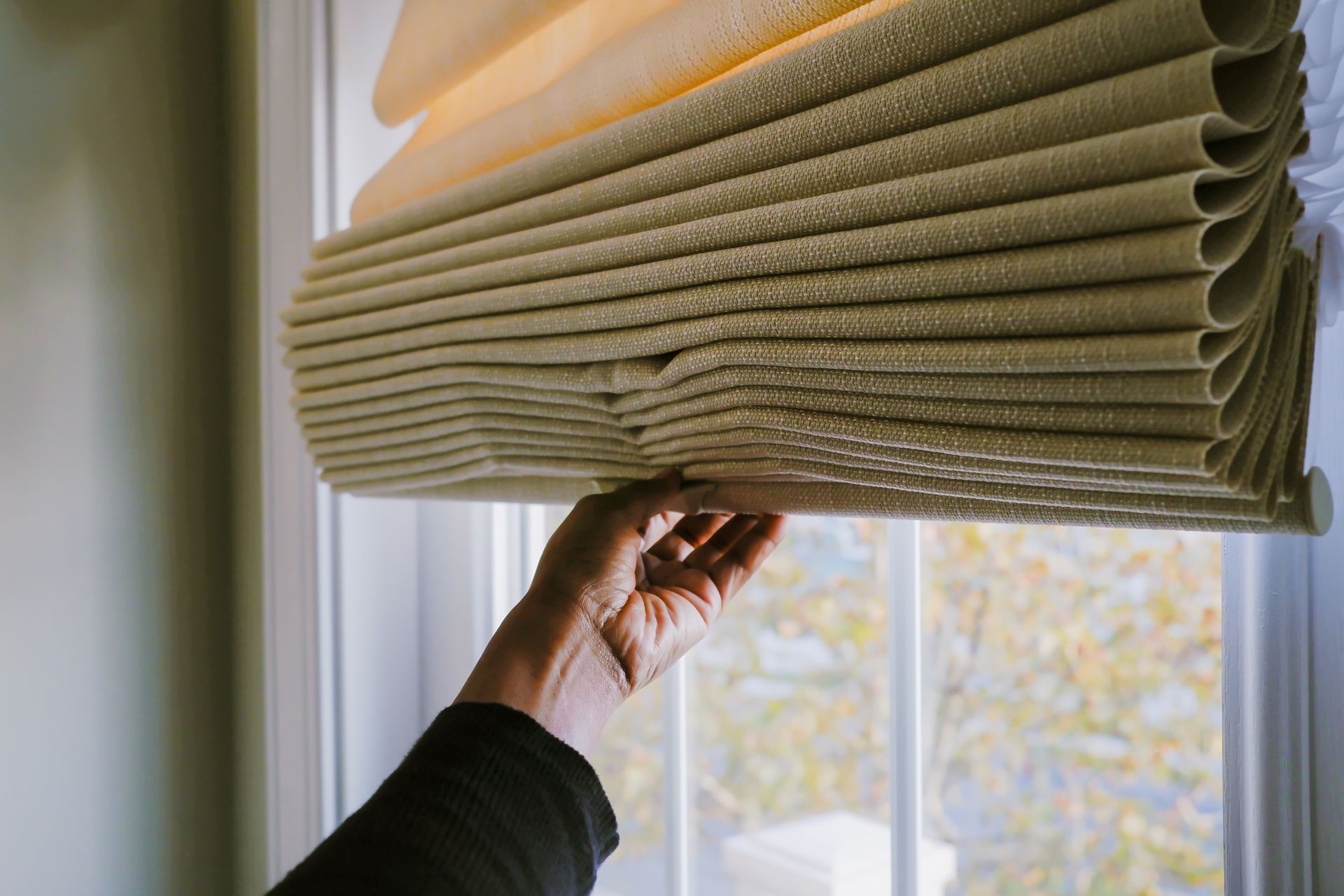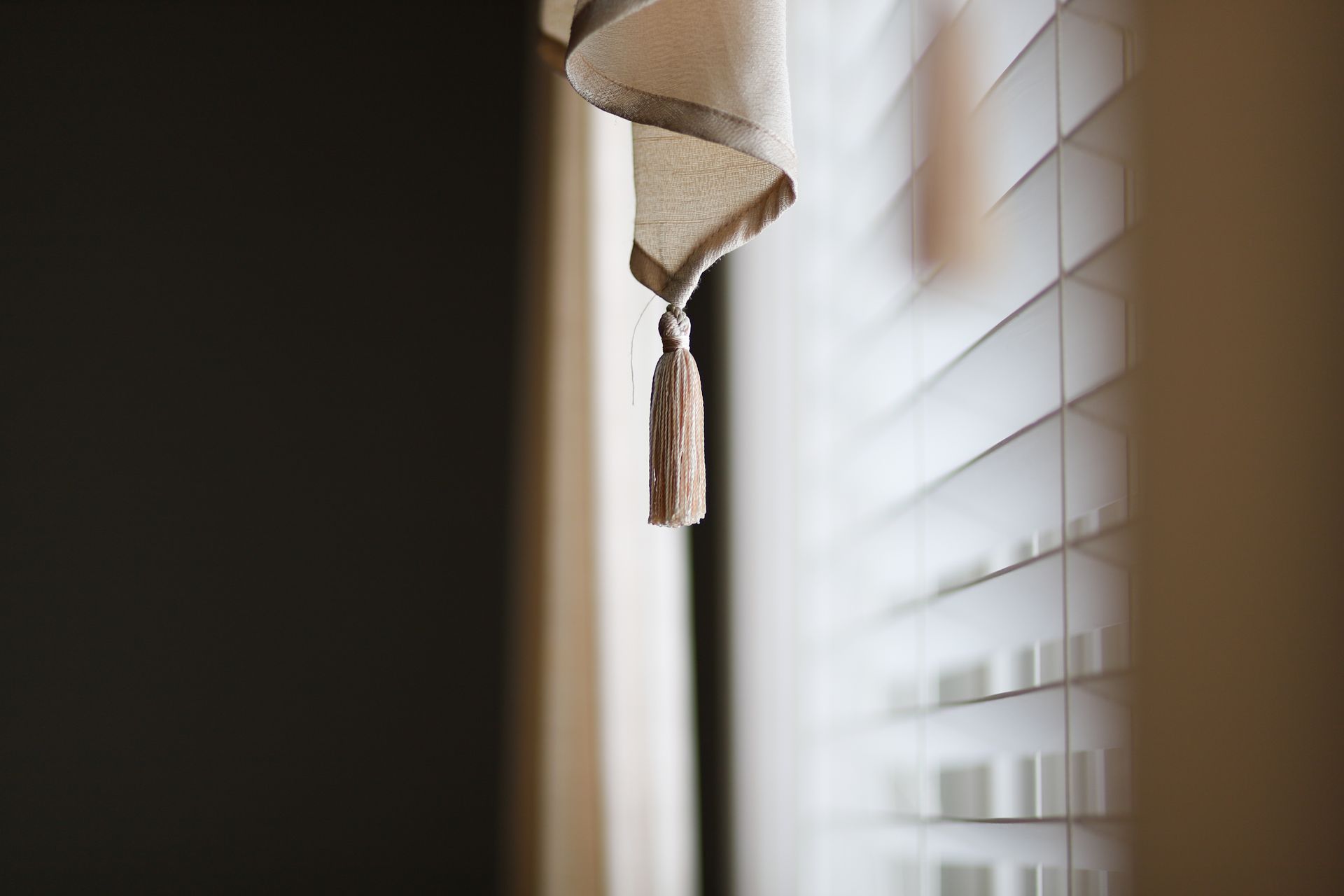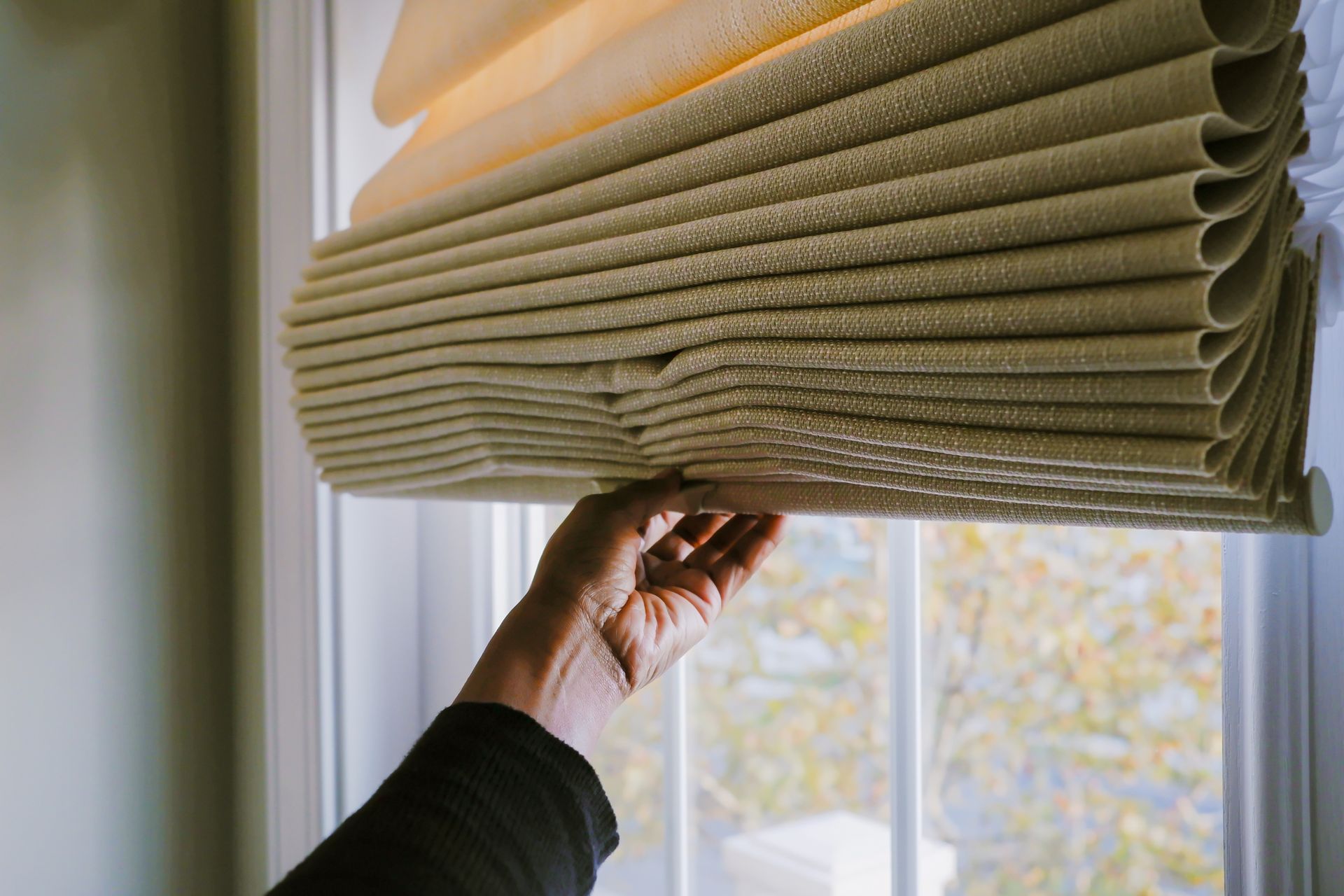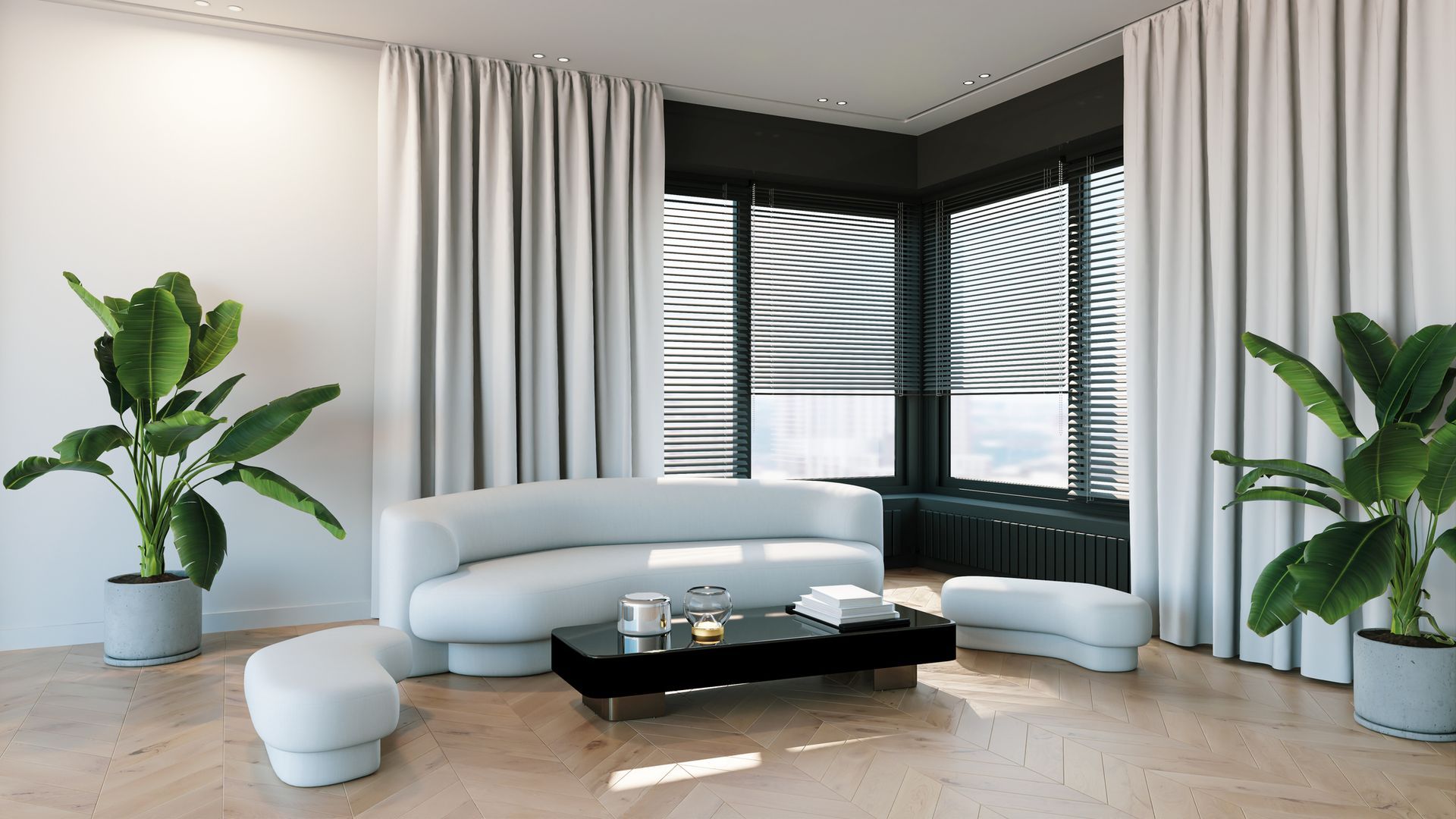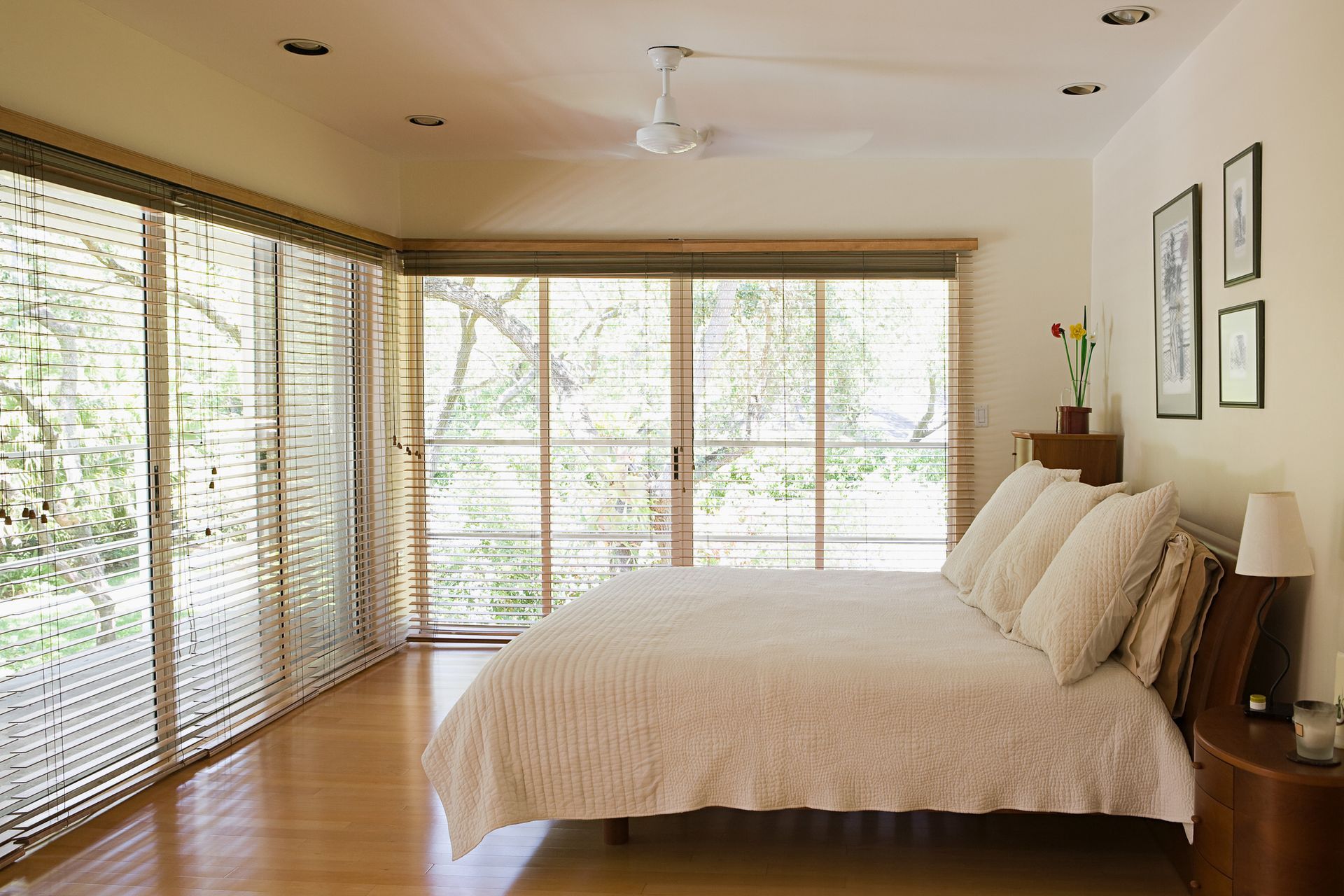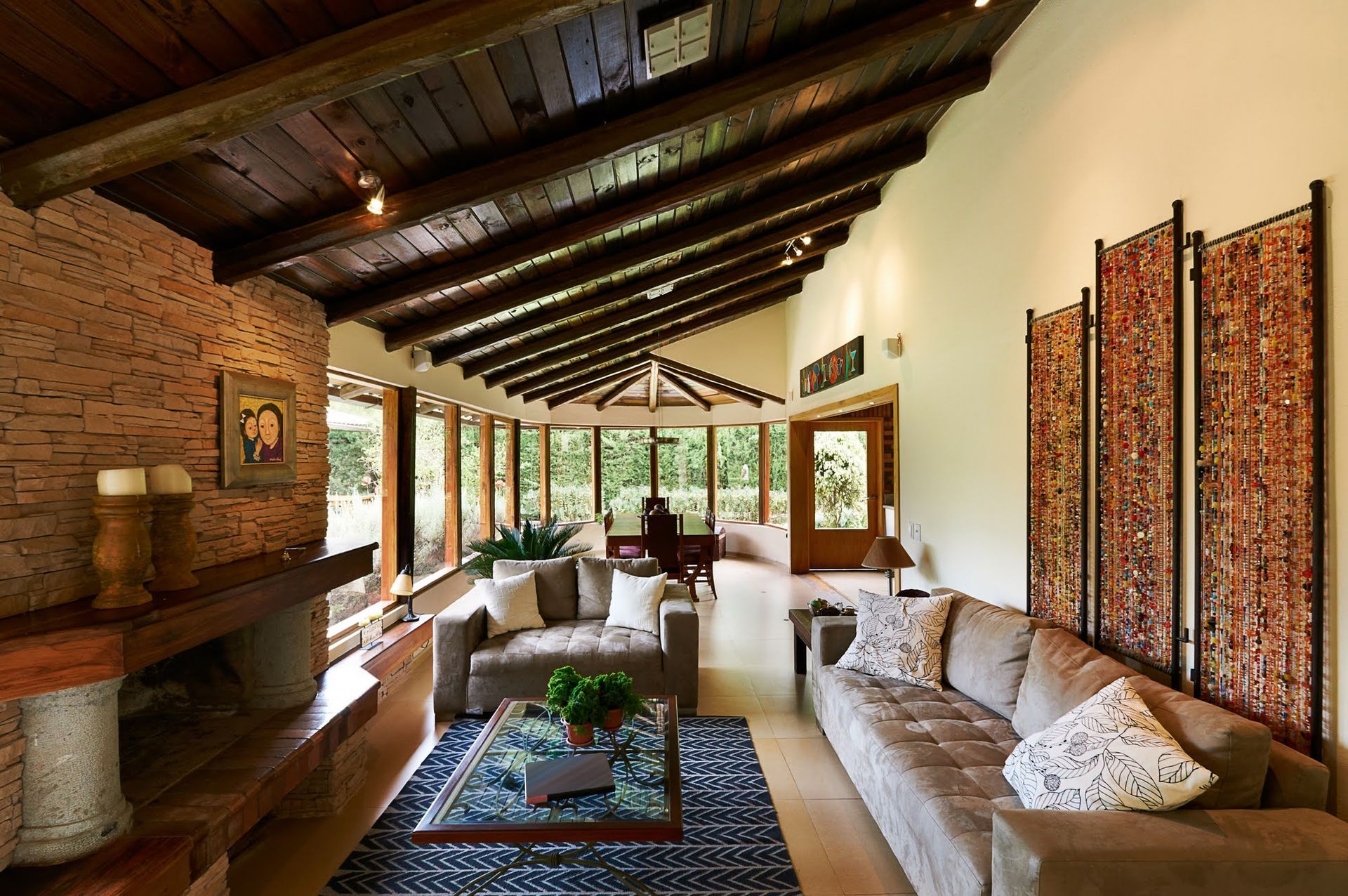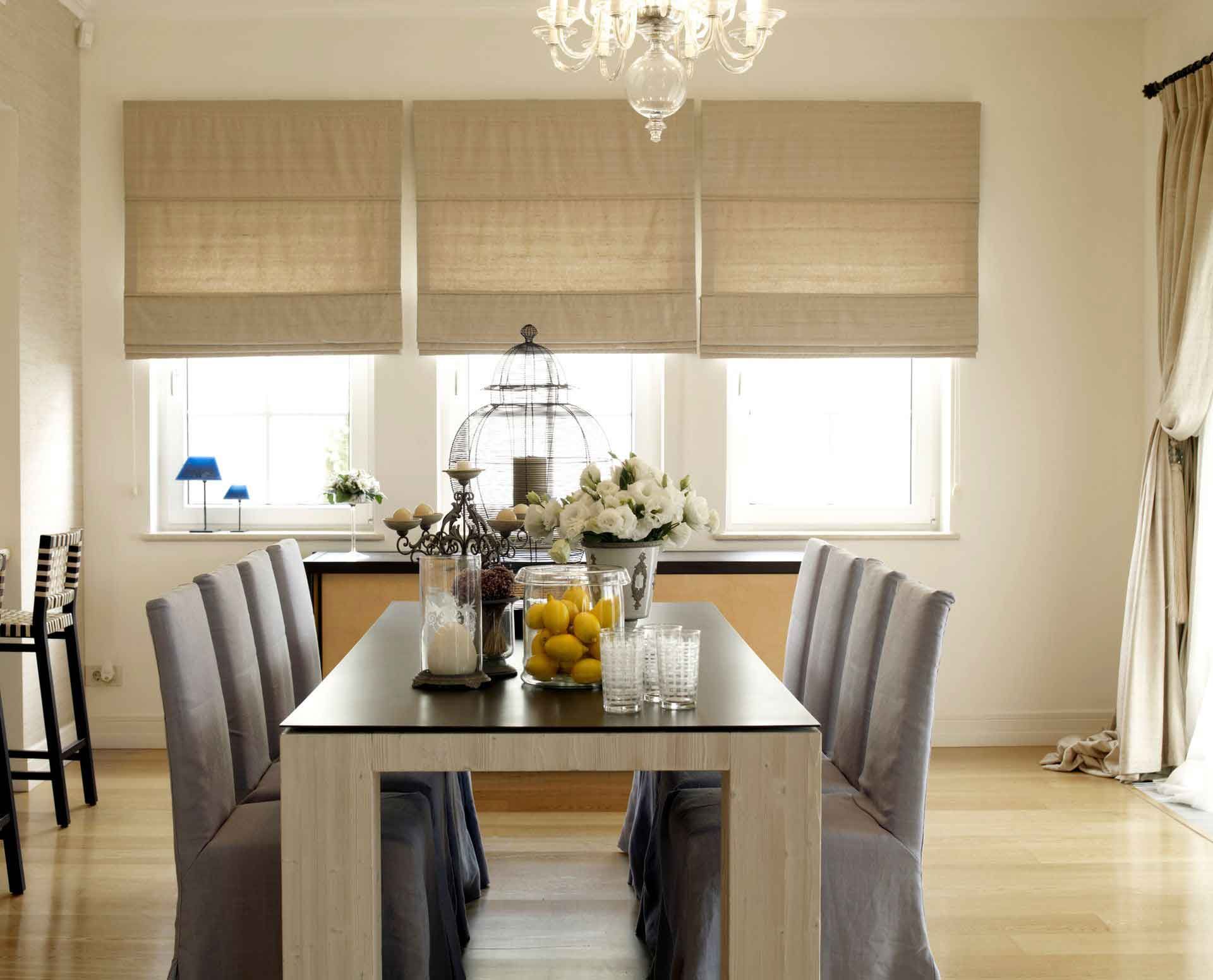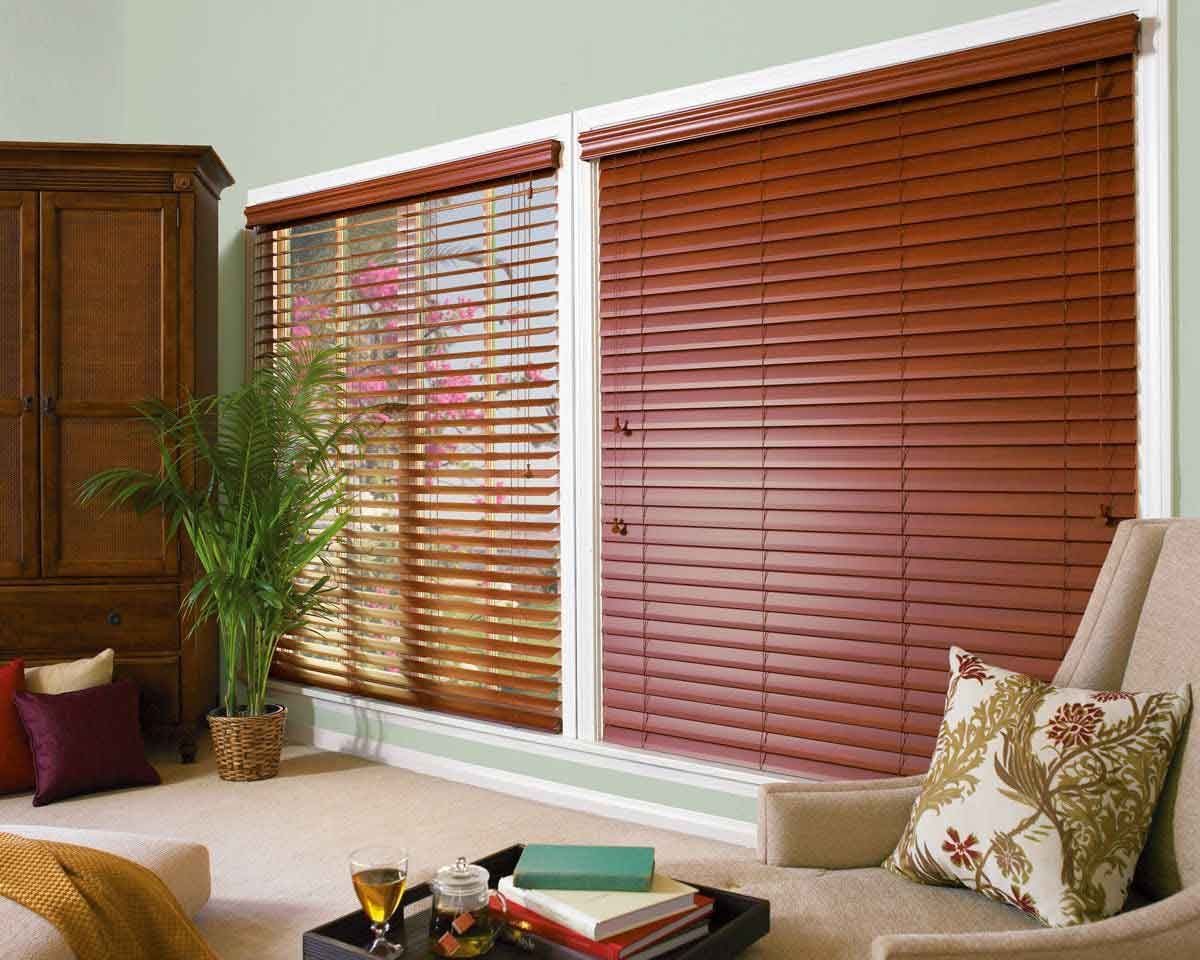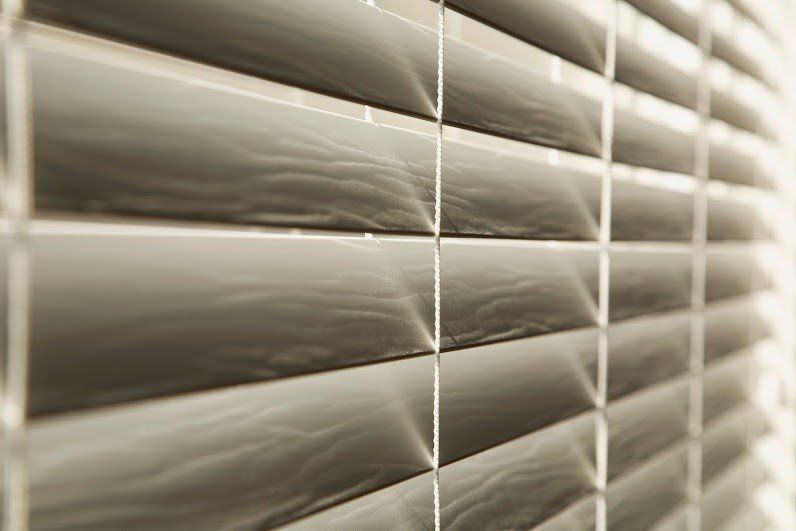Outfitting Your Home: Shades or Blinds?
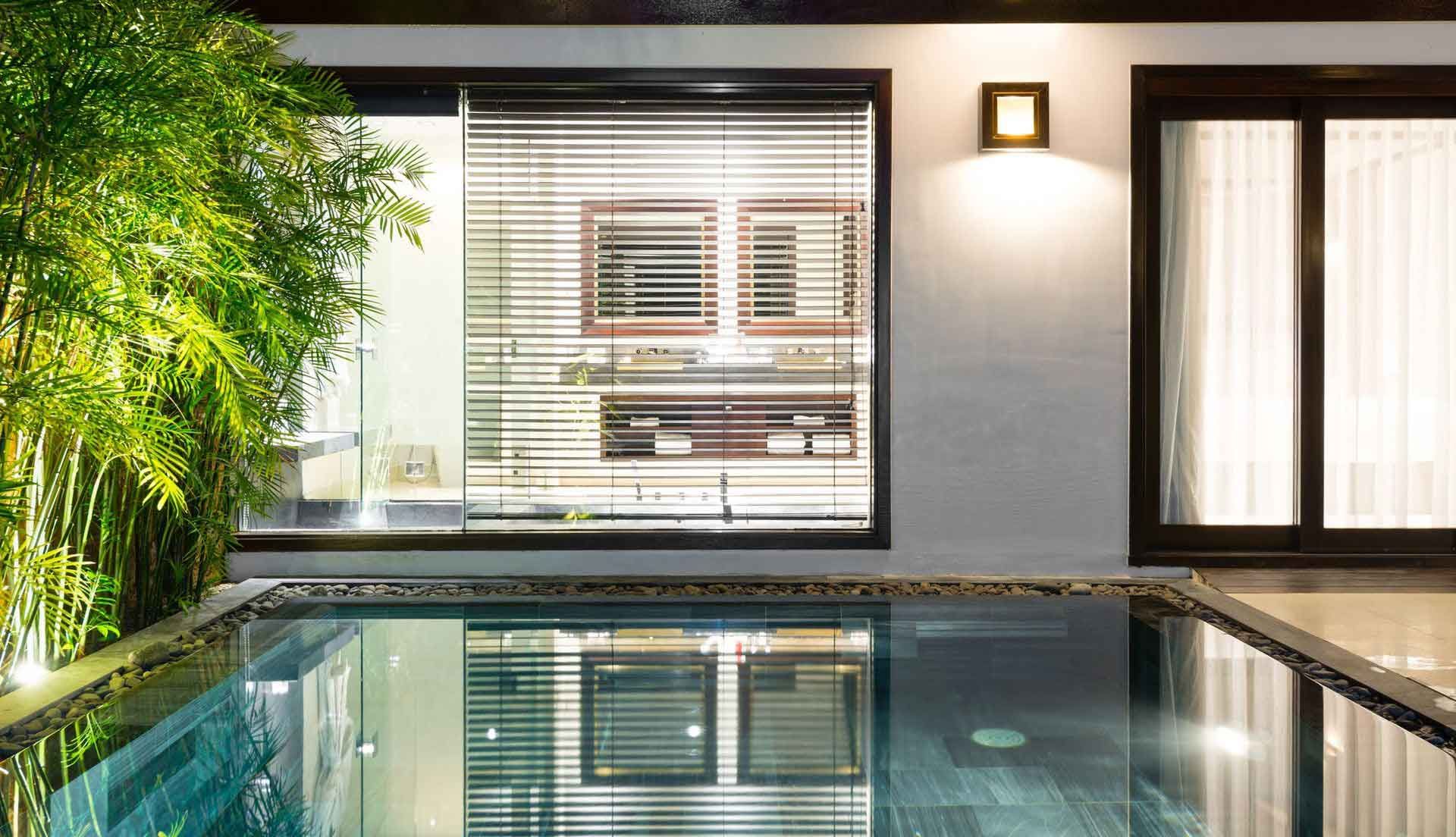
When it comes to dressing up your windows, there are various options to choose from. However, the most popular among them are shades and blinds. Both have their own unique features and advantages, but which one should you choose? In this blog post, we will compare shades and blinds based on different criteria to help you make an informed decision.
Design and Style
Shades offer a wide array of designs and styles to choose from, including roller shades, Roman shades, and cellular shades, among others. Among these options, roller shades stand out as the most popular choice due to their simplicity and versatility. They can effortlessly complement any decor style, thanks to the option for customization, and are available in an extensive range of materials, such as fabric, vinyl, and polyester. With roller shades, you can effortlessly elevate the aesthetic appeal of your space while enjoying the practicality they offer.
Blinds are predominantly available in two popular styles - vertical or horizontal slats. These slats can be adjusted to control the amount of light and privacy in a room, offering versatility and functionality. They are commonly made of various materials such as wood, faux wood, aluminum, or vinyl, allowing homeowners to choose the option that best suits their preferences and décor. Whether you prefer a more traditional look or want to add a touch of modern elegance to your space, blinds can be a perfect addition to any window treatment.
Functionality
Shades are a fantastic choice when it comes to light control and privacy, providing a certain level of coziness to any room. However, if you're seeking a higher degree of flexibility, blinds might be the way to go. With blinds, you have the ability to effortlessly adjust the angle of the slats, allowing you to fine-tune the amount of natural light that fills the space. On top of that, you can easily pull them up entirely, granting you an unobstructed and breathtaking view of the outside world. Unlike shades, blinds offer this versatility, offering you more control over the ambiance and atmosphere of your living space.
Energy Efficiency
Both shades and blinds have excellent insulating properties that can significantly contribute to reducing energy consumption in the home. Cellular shades, in particular, are highly regarded for their exceptional ability to trap air within the cells, creating an additional layer of insulation. This makes them particularly well-suited for climates with extreme temperatures, providing optimal thermal regulation year-round.
On the other hand, blinds made from wood or faux wood can also contribute to window insulation, but it's worth noting that their effectiveness may vary compared to shades. Therefore, considering the specific climate conditions and personal preferences is essential when selecting the ideal window treatment for improved energy efficiency and comfort in your home.
Maintenance
When it comes to maintenance, blinds are easier to clean than shades. Simply wipe them down with a damp cloth and you're good to go. Shades, on the other hand, might require a bit more effort to keep them clean, especially if you have fabric shades. You might need to use a vacuum cleaner or a brush to remove dust and debris.
Cost
Shades tend to be more expensive than blinds, especially if you're going for custom-made ones. The cost of shades varies depending on factors such as material, size, and design. Blinds, on the other hand, are generally cheaper than shades and are available at a variety of price points.
Both shades and blinds have their own unique features and advantages. When choosing between the two, consider factors such as design, functionality, energy efficiency, maintenance, and cost. Ultimately, the decision should come down to your personal preference and the needs of your home. So, don't be afraid to experiment and try out different options until you find the perfect fit for your windows.
For more advice, contact us at Sylvan's & Phillip's Drapes and Blinds.
